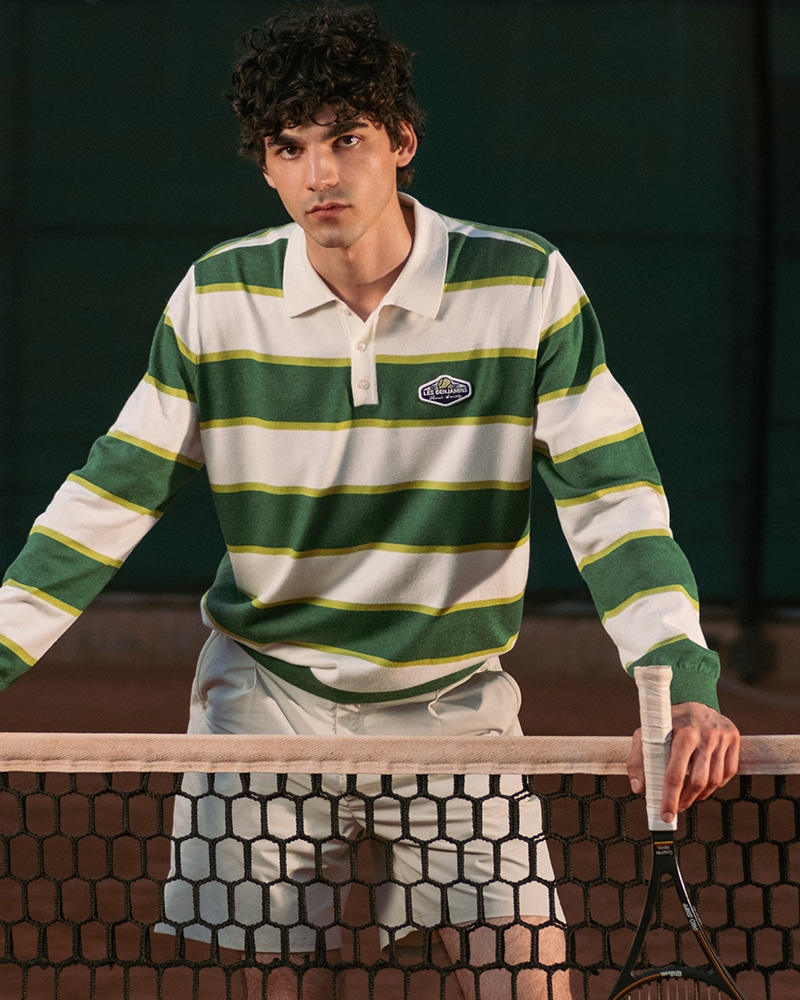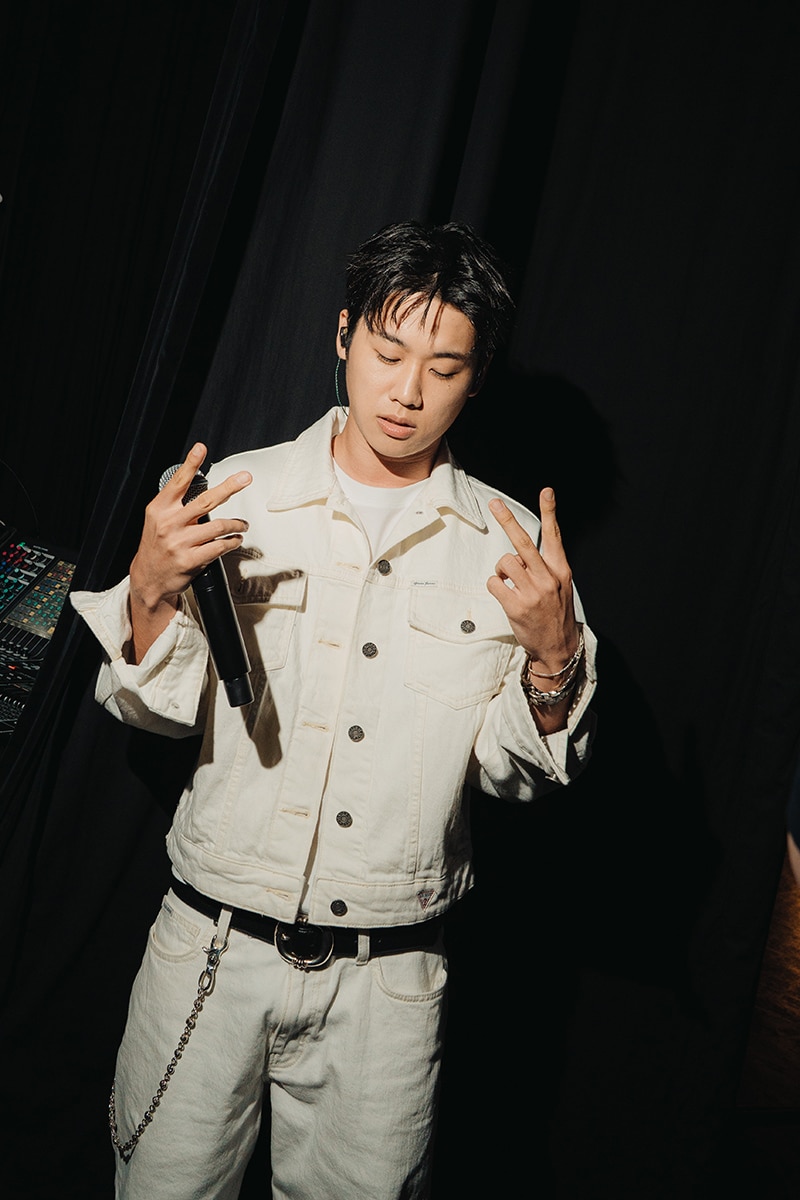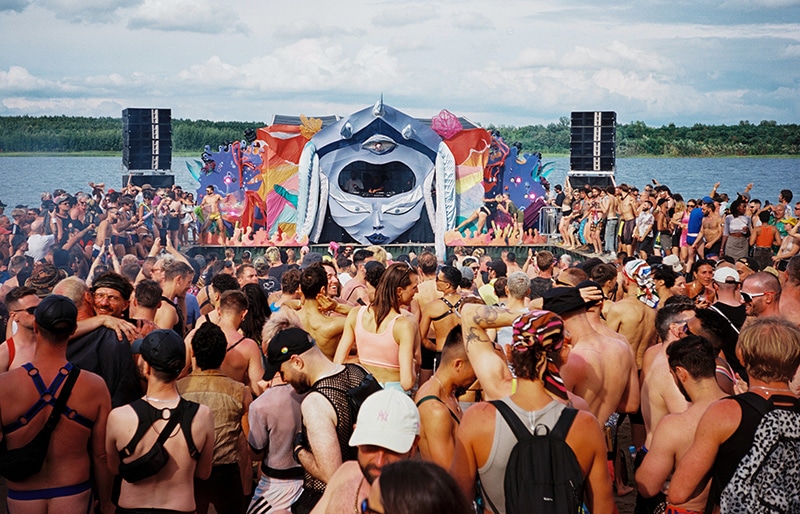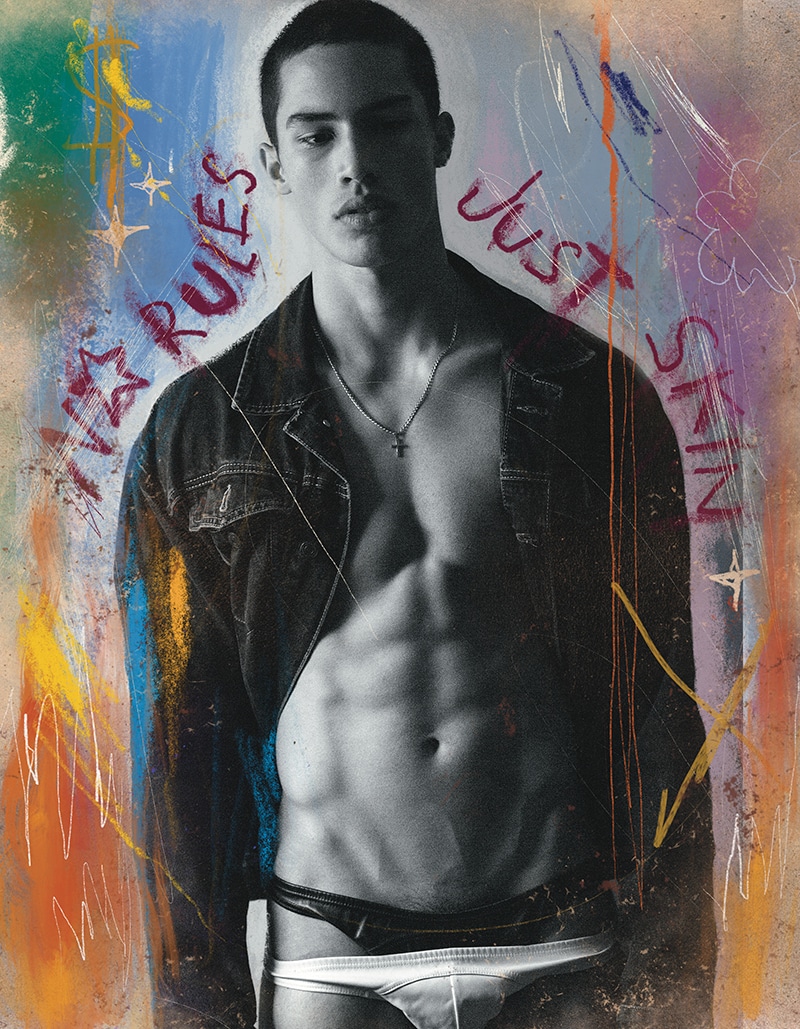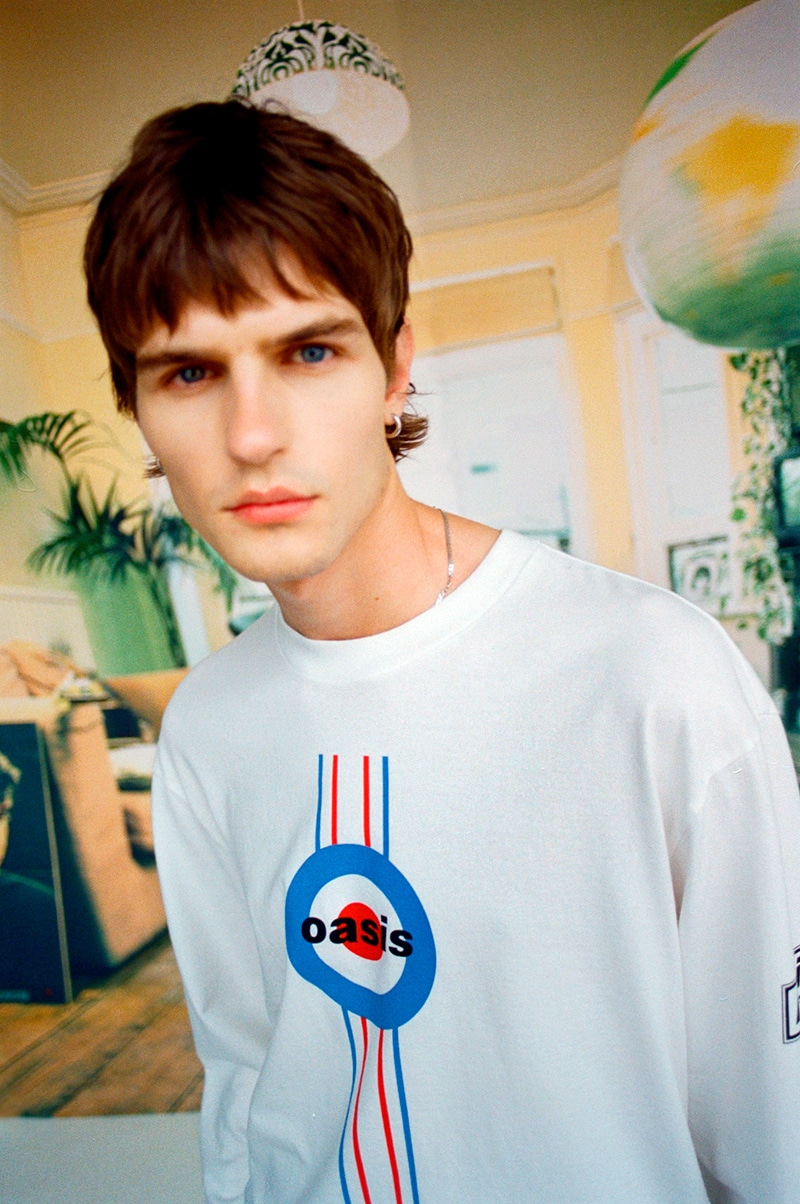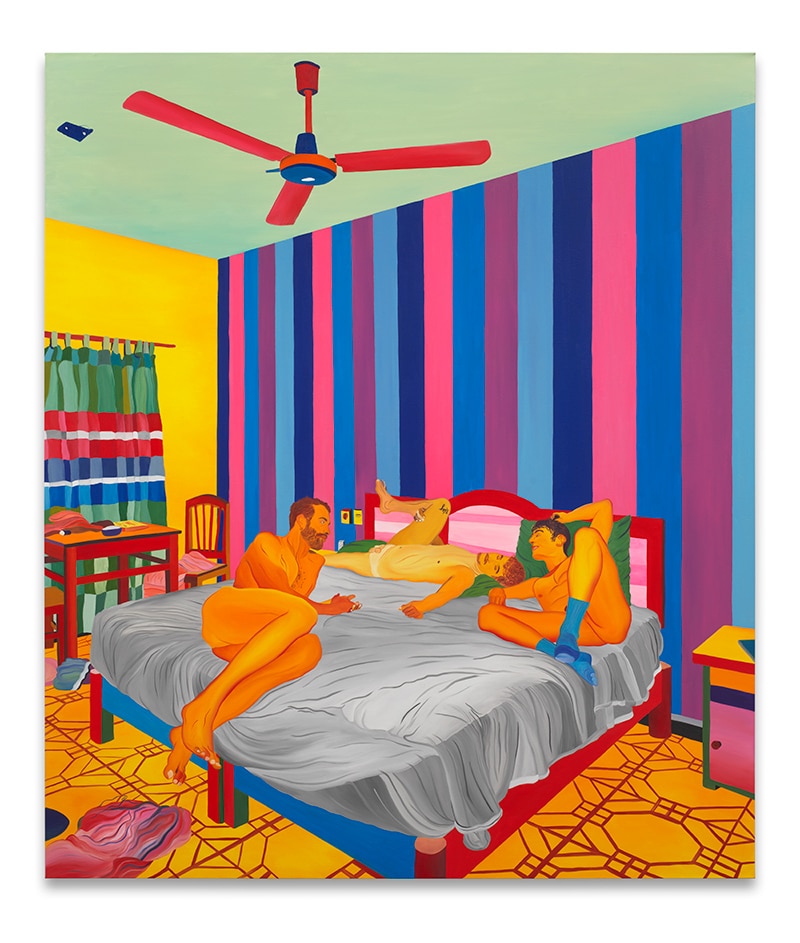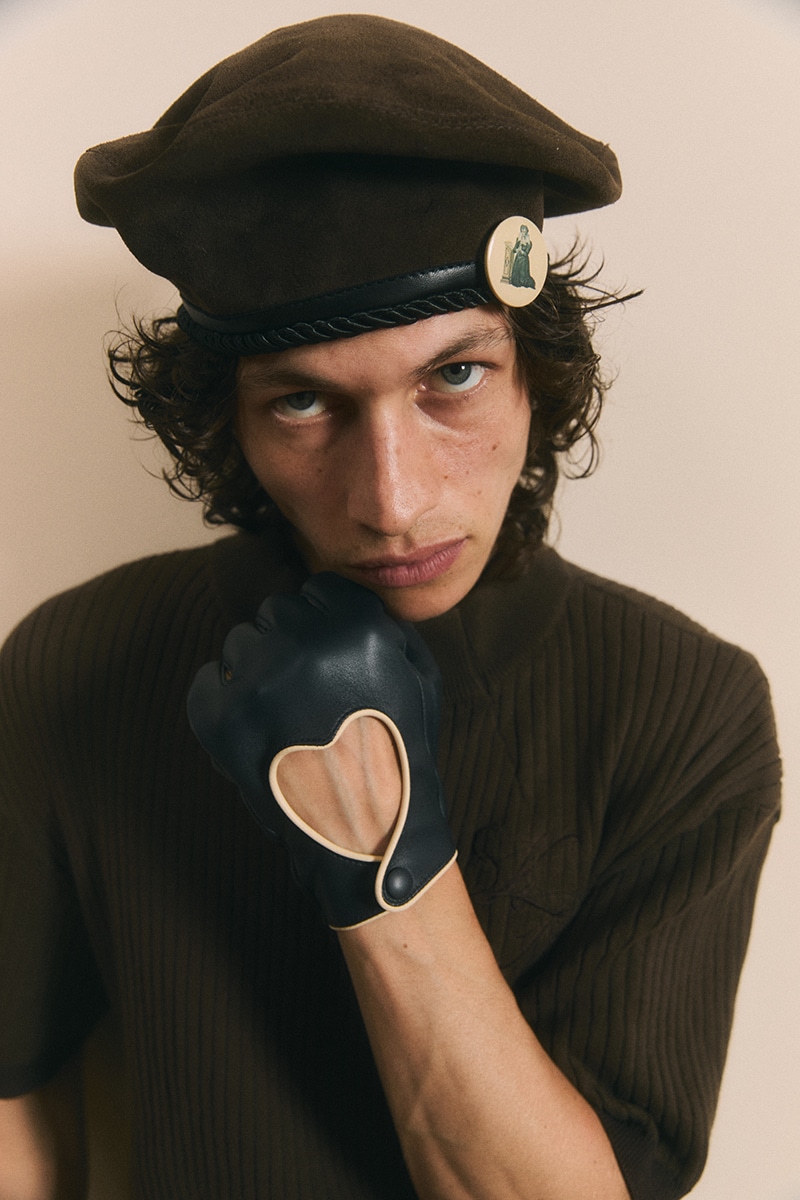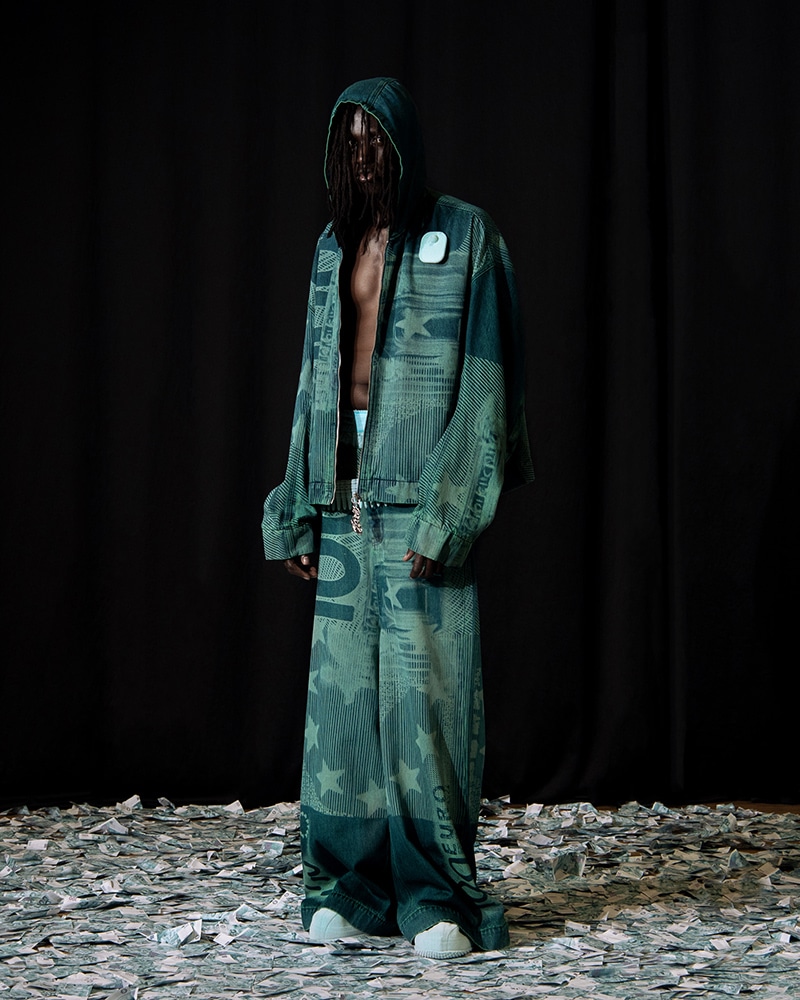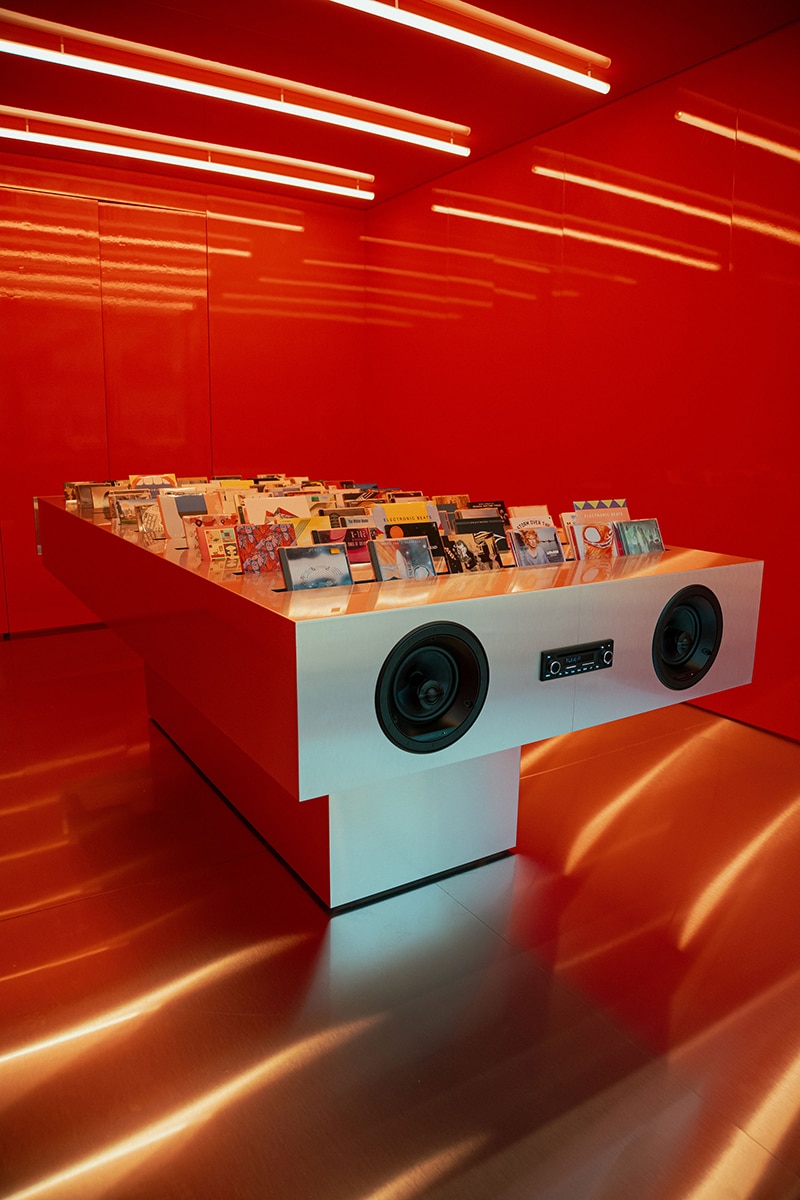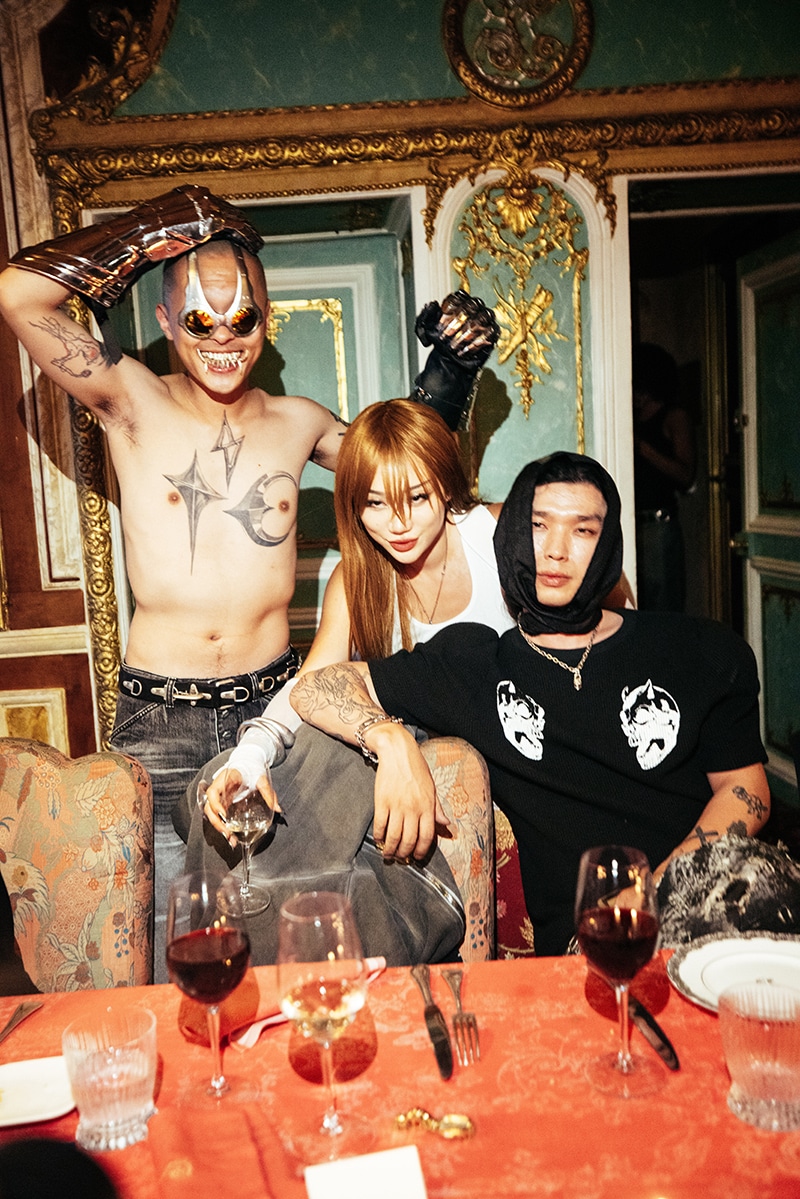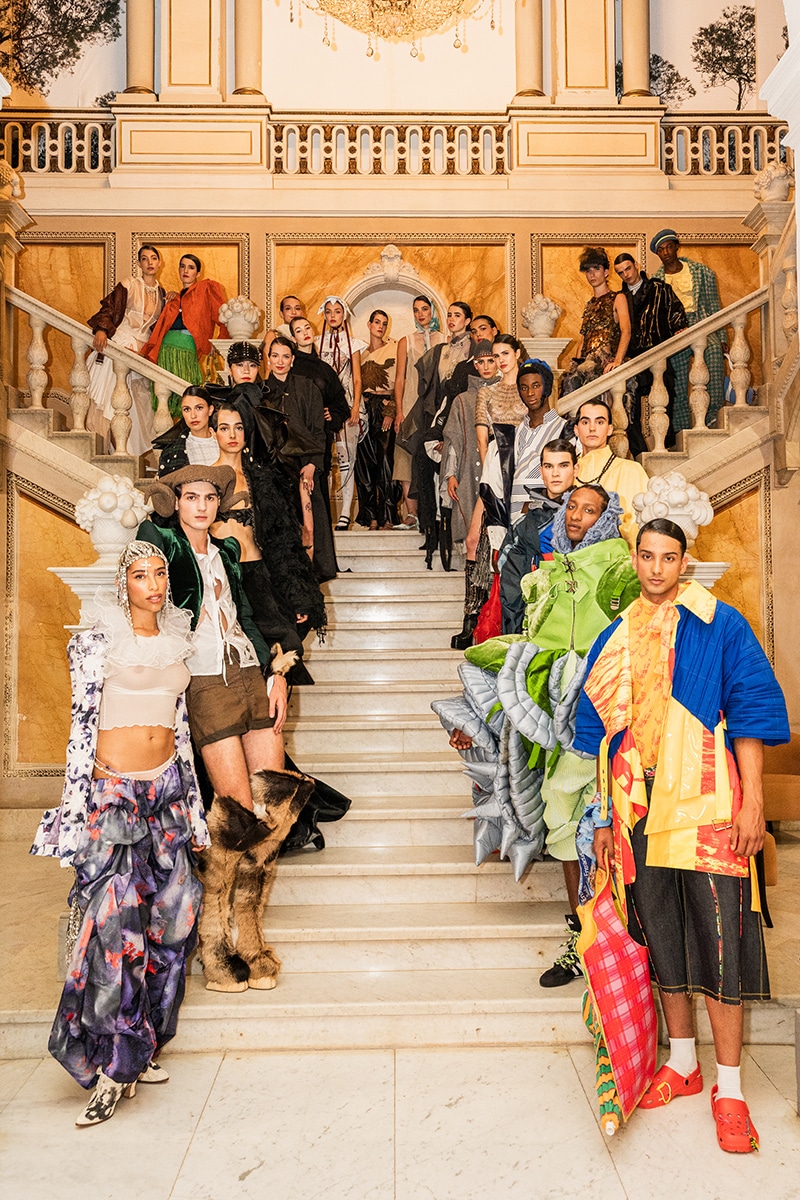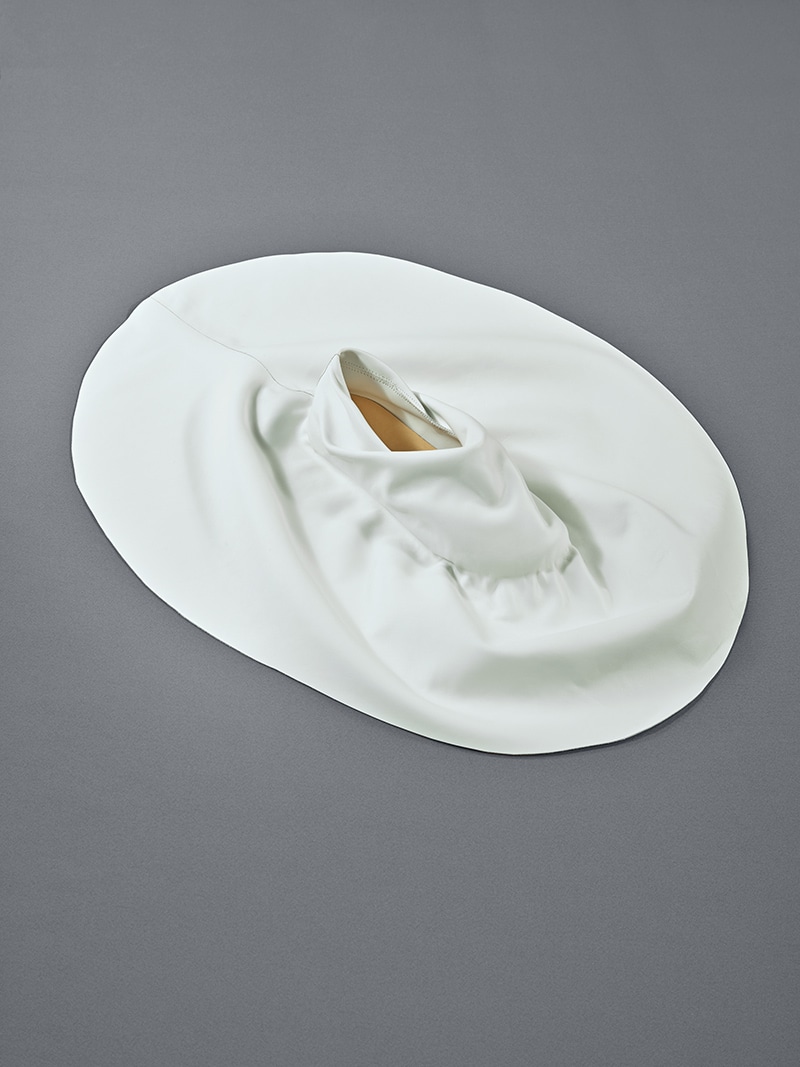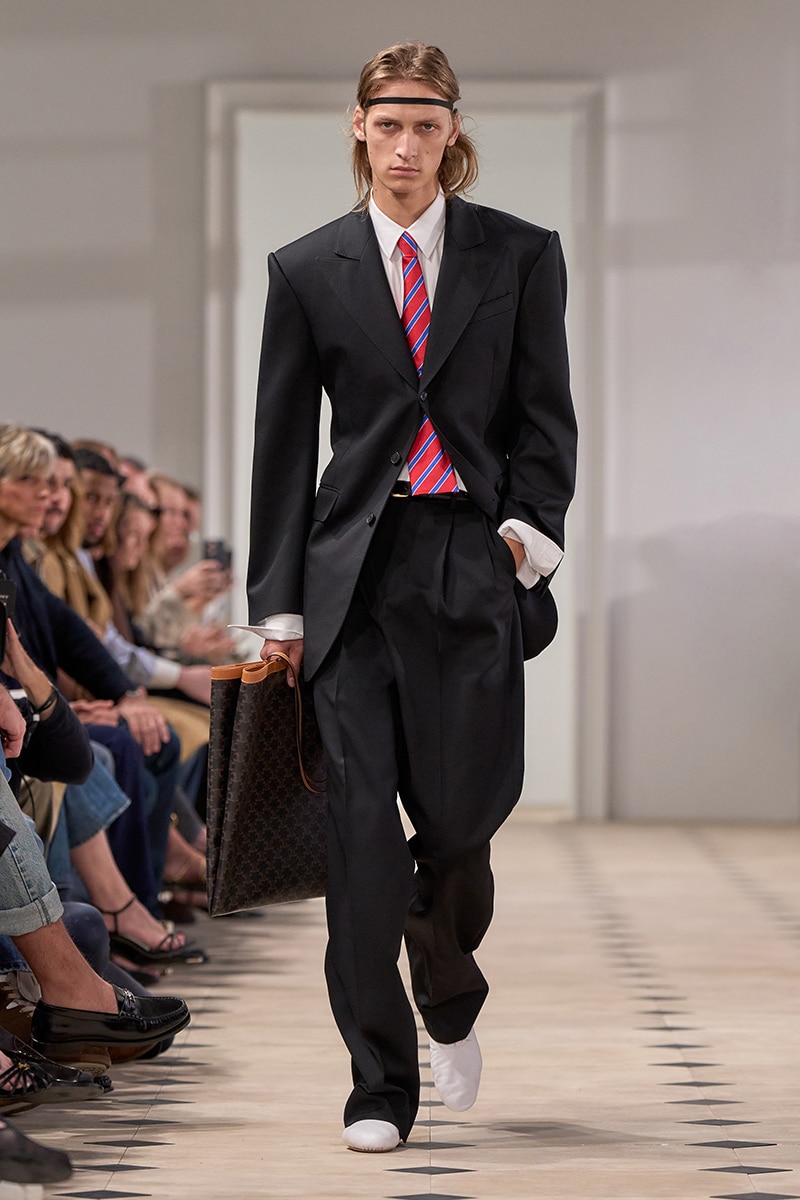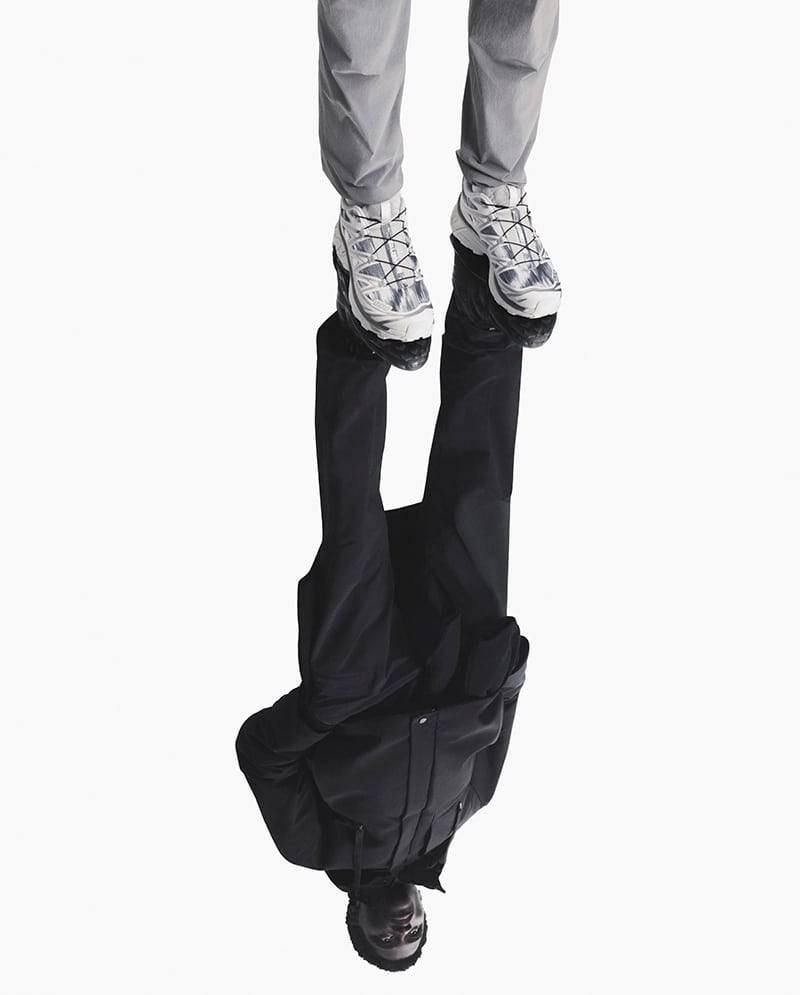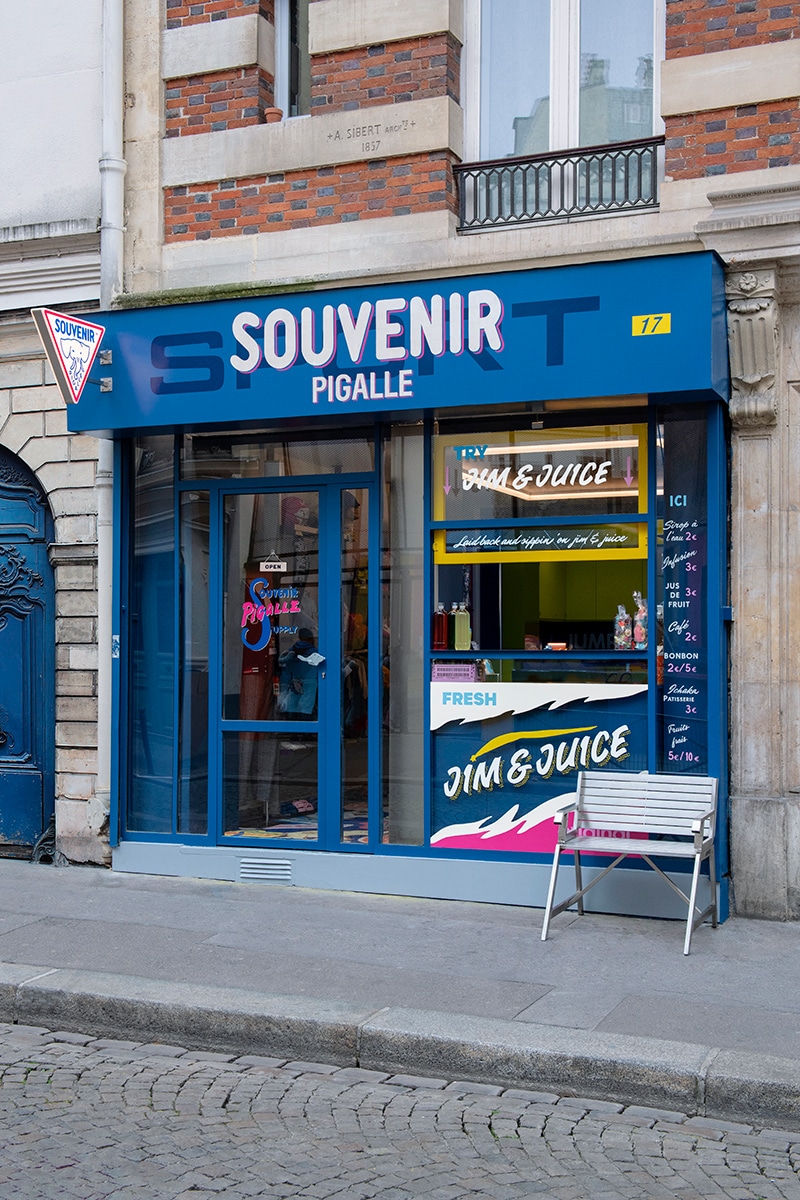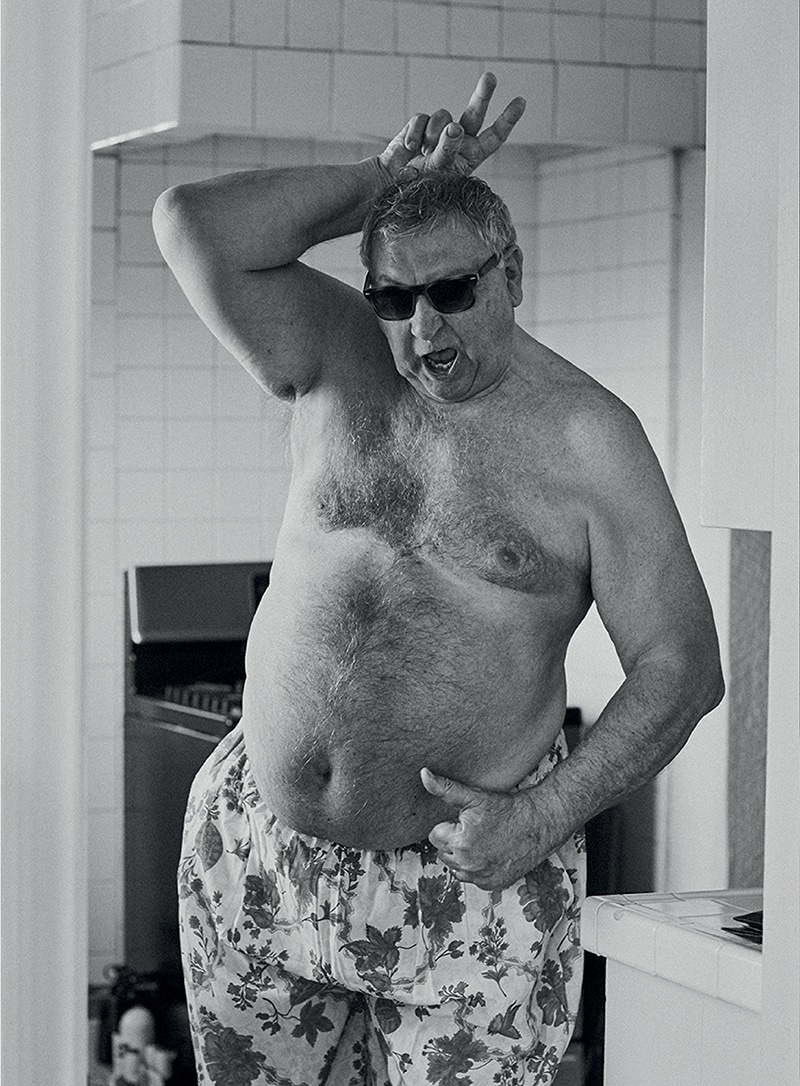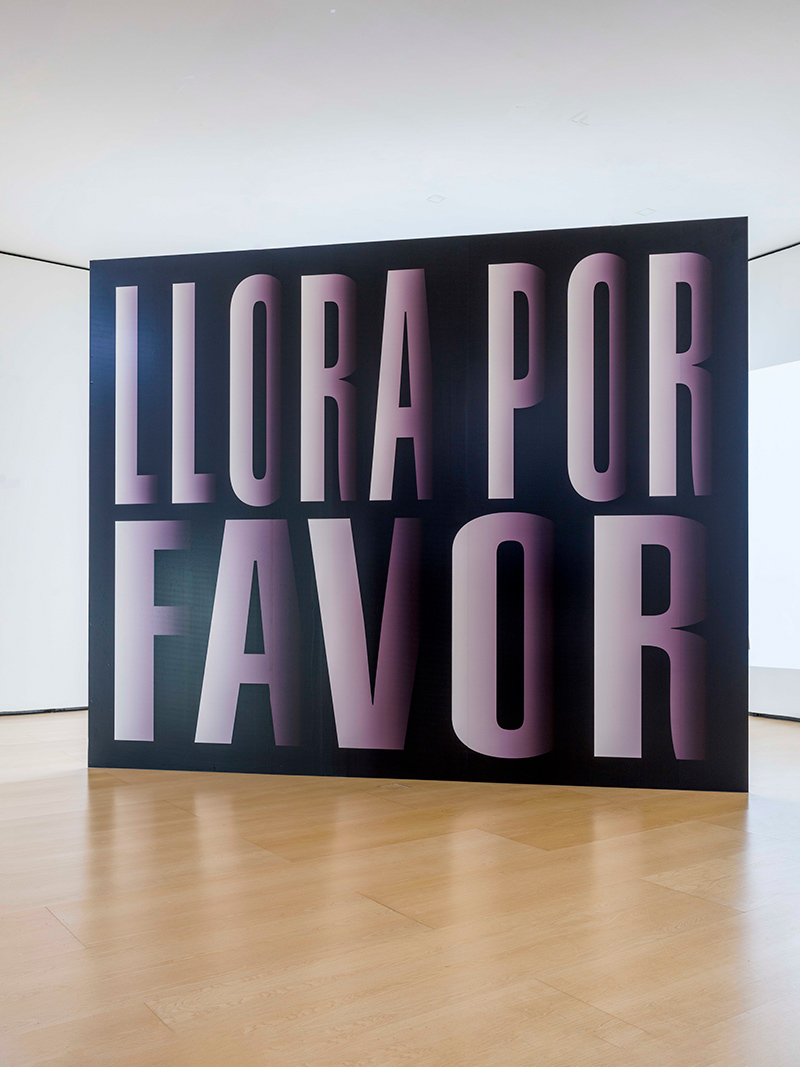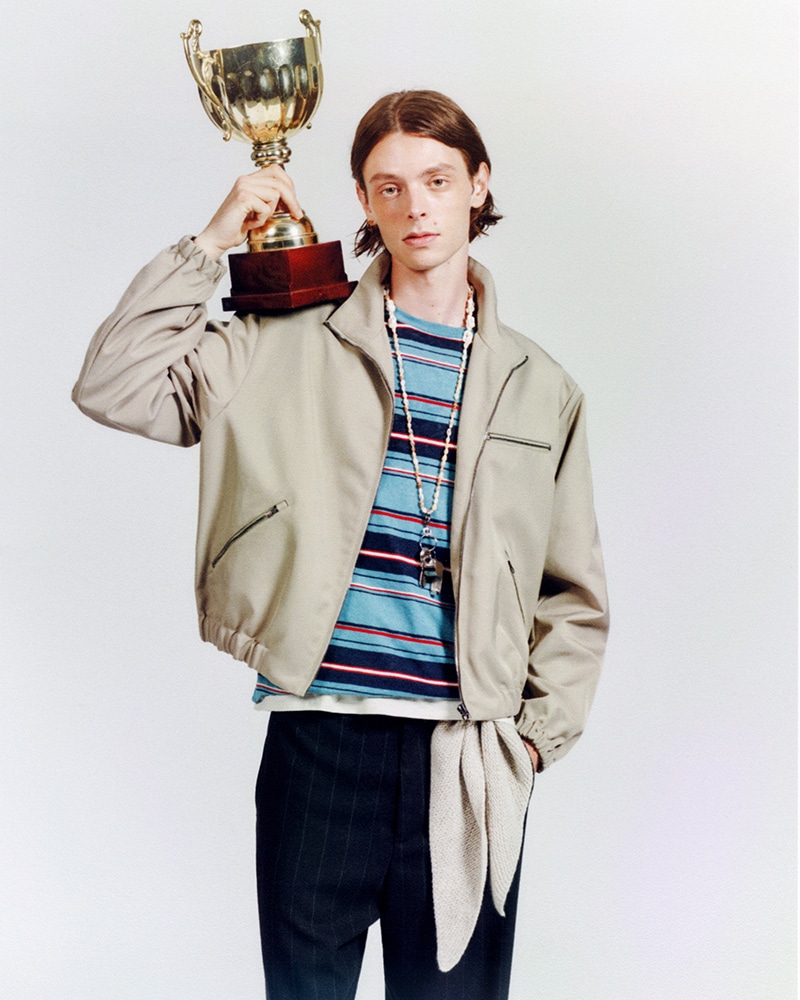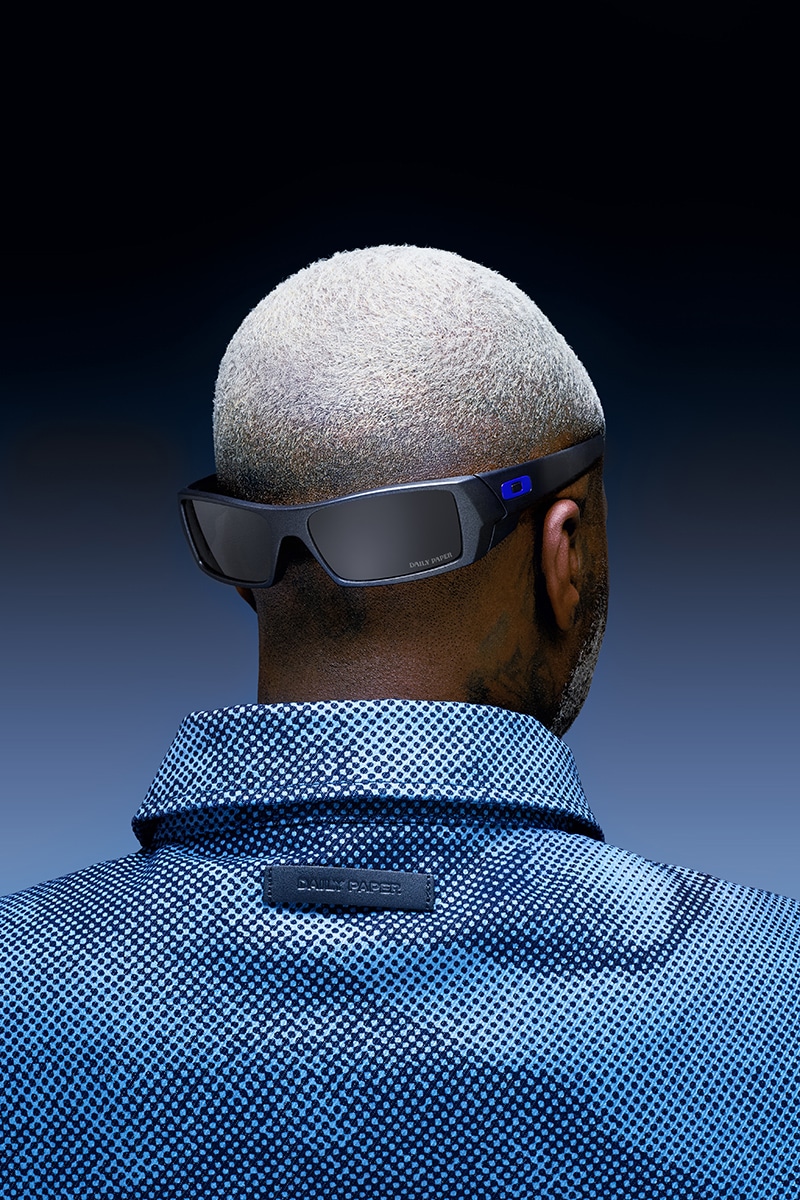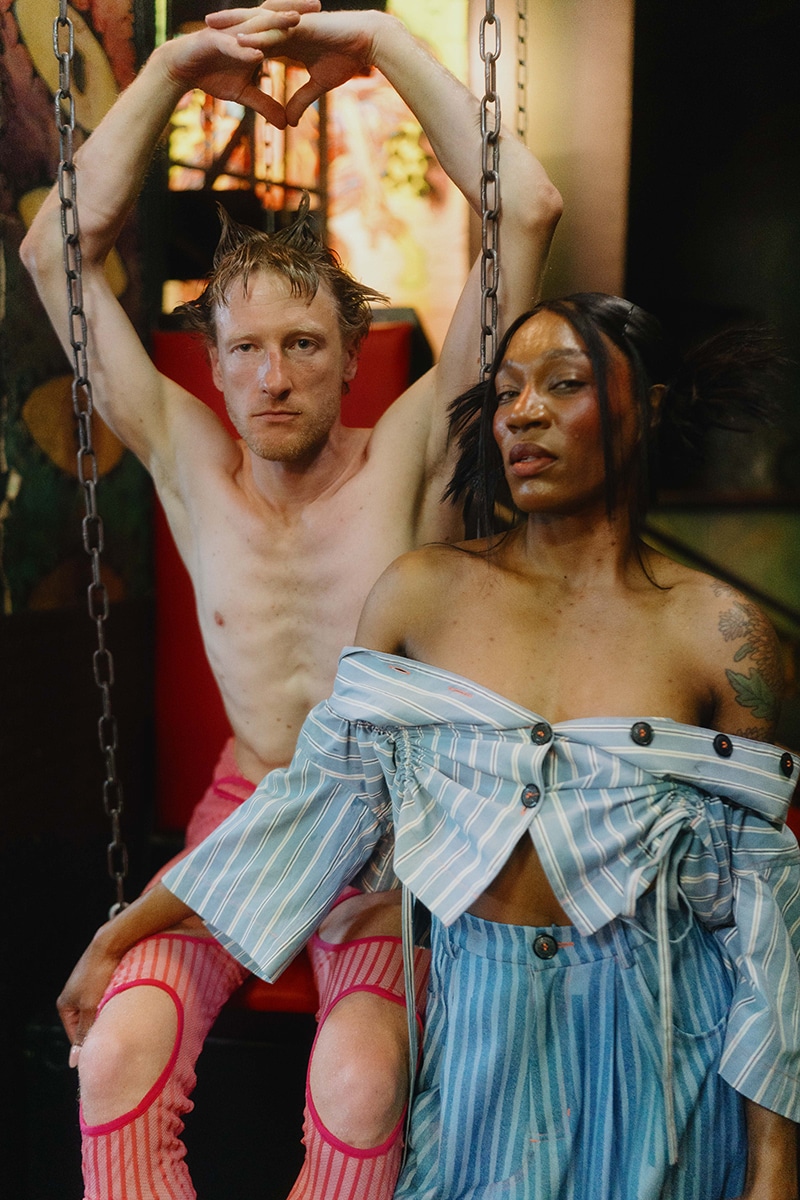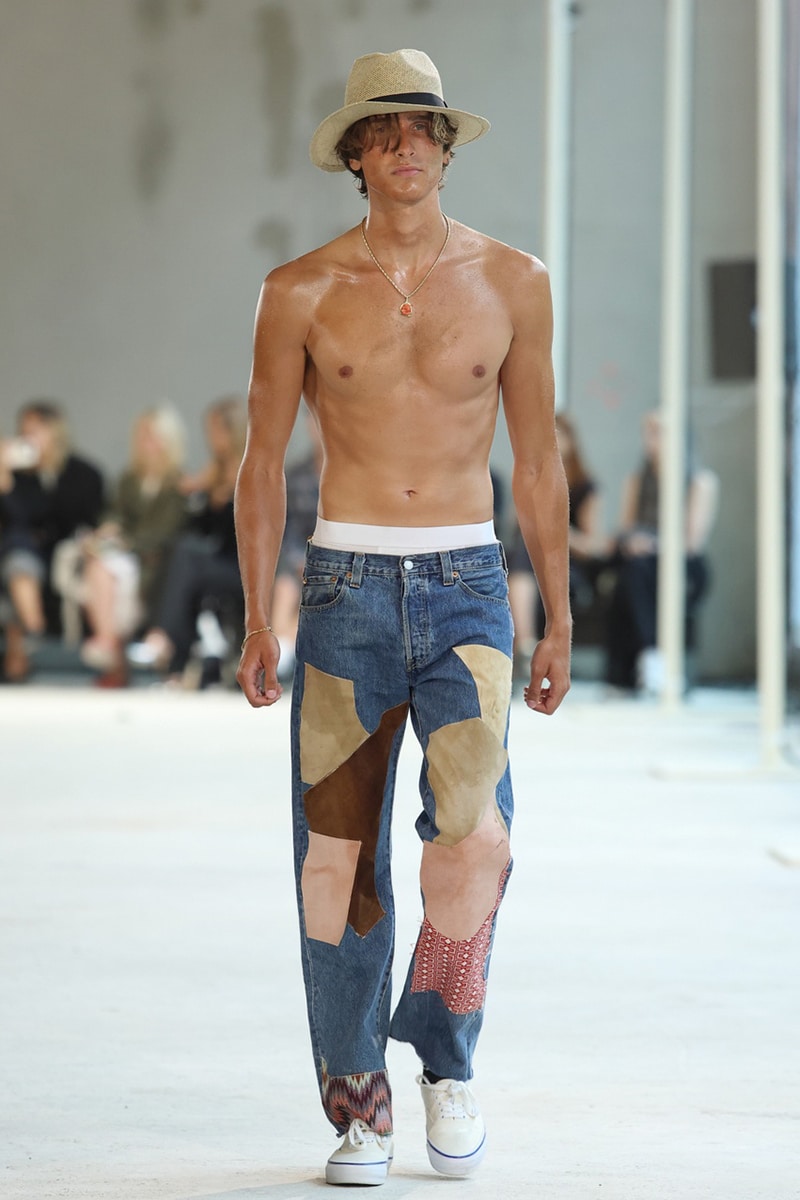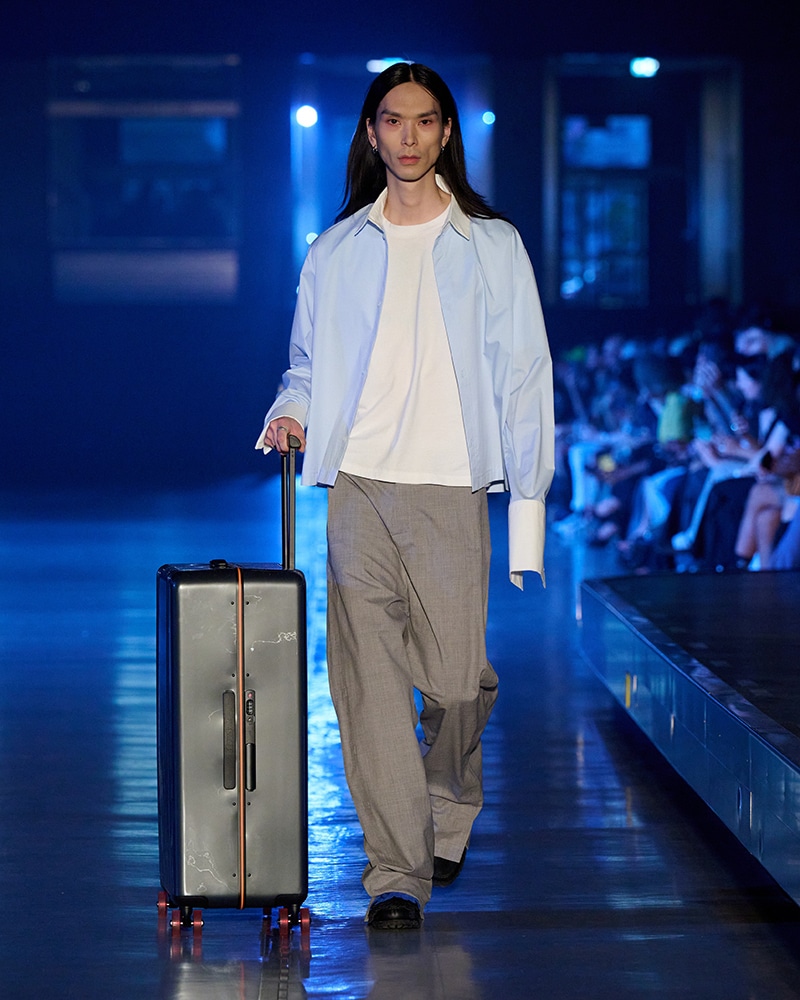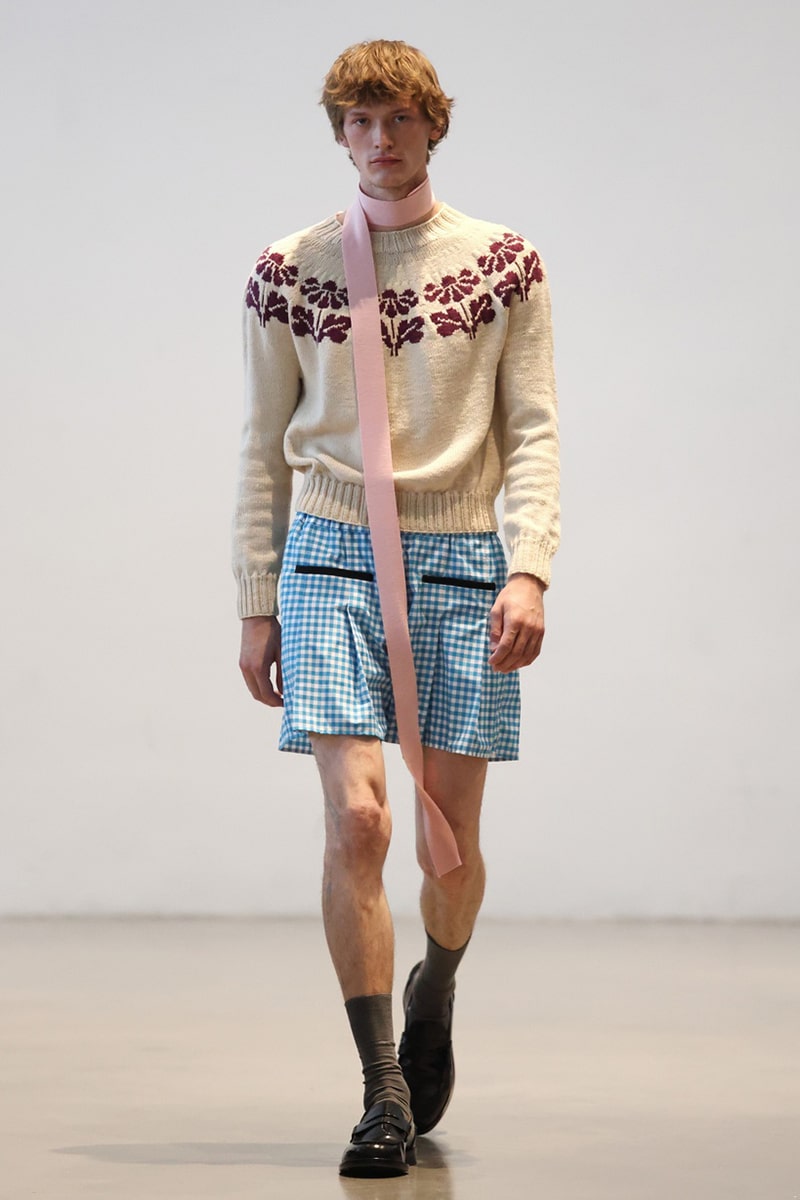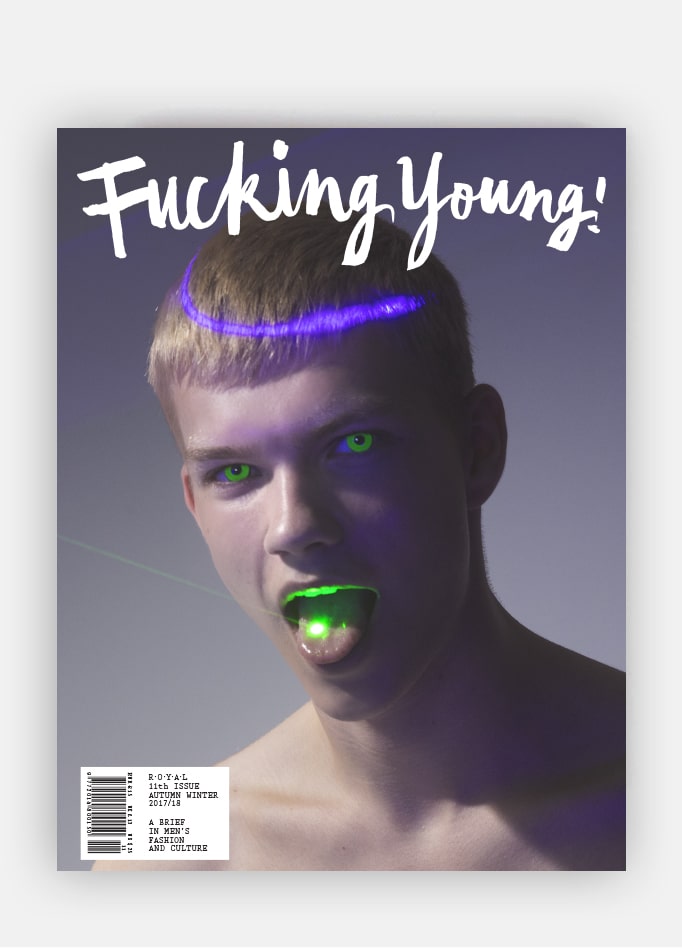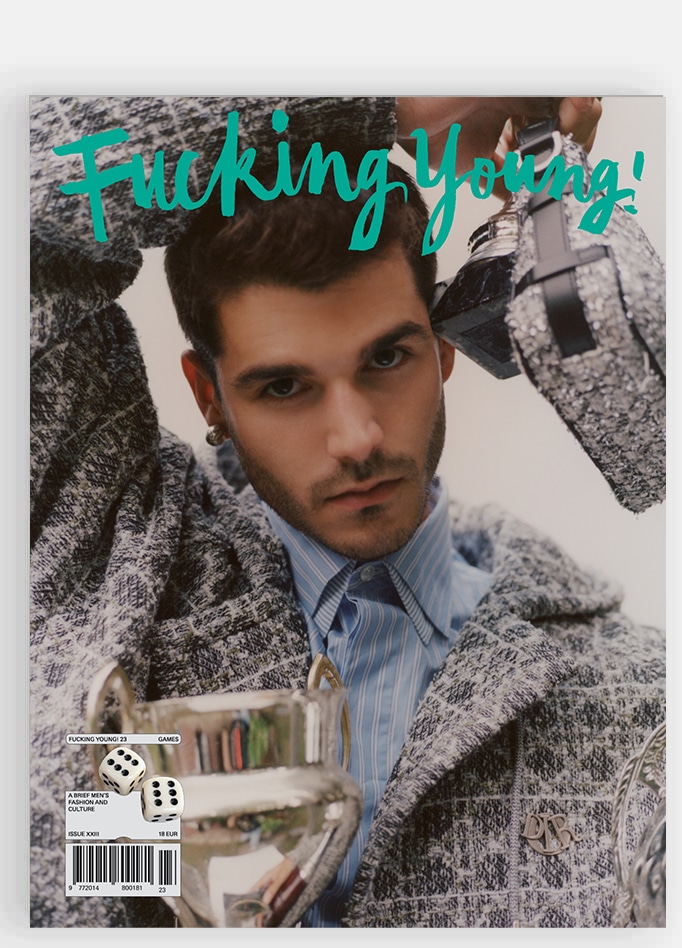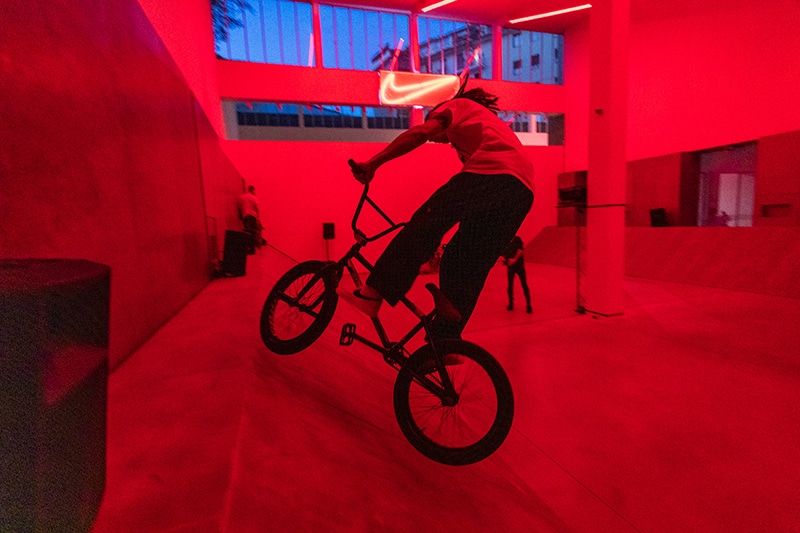
A few days ago in Milan, the long-time champion Nike Blazer landed in the city with a revamped style at Spazio Maiocchi, the cross-disciplinary hub dedicated to design, fashion and contemporary art founded by Carhartt WIP and Slam Jam. In fact, it was the Italian retail platform Slam Jam that teamed up with Nike in designing the limited-edition sneaker, which was previously anticipated at Pitti Uomo last January. Coming this time in an inverted color scheme than its former predecessor, it features an all-black silhouette mixing canvas and premium leather with contrasting white detailing, Class of 1977 branding and flipped swoosh. For the occasion, a skate park recreating the L.A. River Architecture – a place in Los Angeles that connects the most diverse communities – was built inside the venue and hosted a live performance by Katatonic Silentio and a preview of the Commonwealth Project documentary featuring Ho99o9, the protagonists of the whole Class of 1977 Project campaign, shot by Dan Reagan. As a matter of fact, the Blazer Class of 1977’s journey started in Los Angeles earlier in November with a dedicated event.
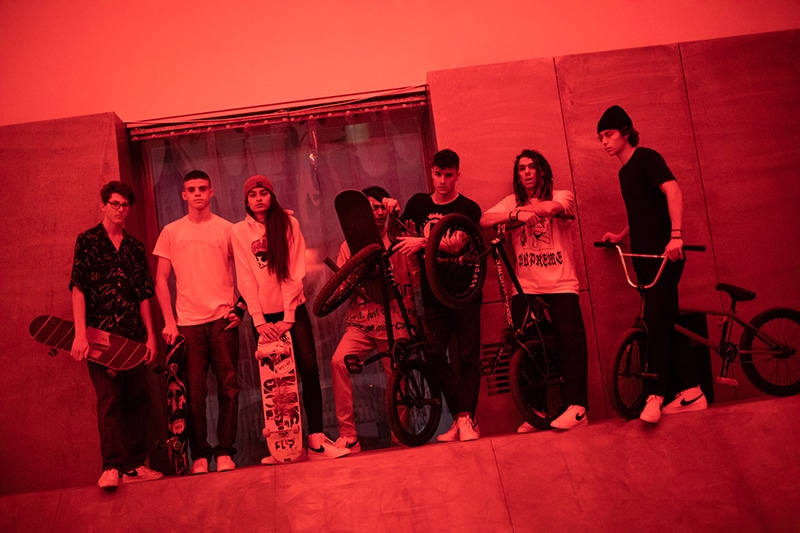
So, the night was all about L.A. and Milan. In the middle stands New York, the city where punk was born before being exported across the Atlantic in the 70s and originated what is now one of the most noted subcultures. Yeah, 1977 it is the same year Never Mind the Bollocks by Sex Pistols was released. And subcultures were the main topic of the panel discussion that introduced the event. Hosted by Italian journalist Michele Bisceglia and Katja Horvat from Kaleidoscope, it welcomed on stage Isiah Barr from Onyx collective, the skateboarder Raffaella Bragança and the BMX rider Luca Nosella. What immediately was brought into focus during the discussion was the word ‘community’. The one that gathered around the Nike Blazer Class of 1977– Katja and Isiah were actually introduced by Dan Reagan – and most importantly how creating a community around you is the most crucial aspect of all.
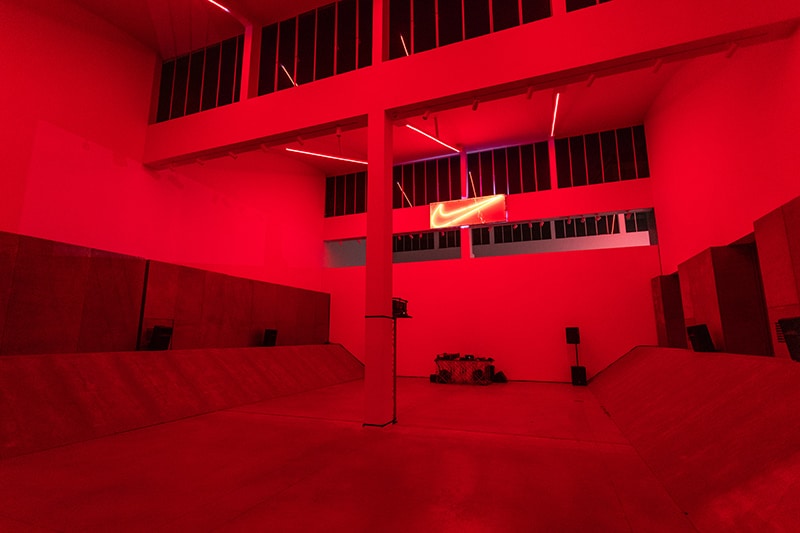
“A lot of the success that came as a musician was the result of surrounding myself with a strong team of friends who became a family,” said Isiah. “We started all together in my apartment and lived there trying to spend as much time as possible with one another. This is how the collective took form. At that time, I was kind of tired of playing with bands in New York, which I still loved, but apart from the experiences we had on stage I had the impression I was missing something. So, it felt immediately the right thing to do, which brought up closer and made everybody feel they were truly part of what we were trying to create. Everybody was encouraged to bring their own ideas, whether it was for music, flyers or even the t-shirts we also made.”
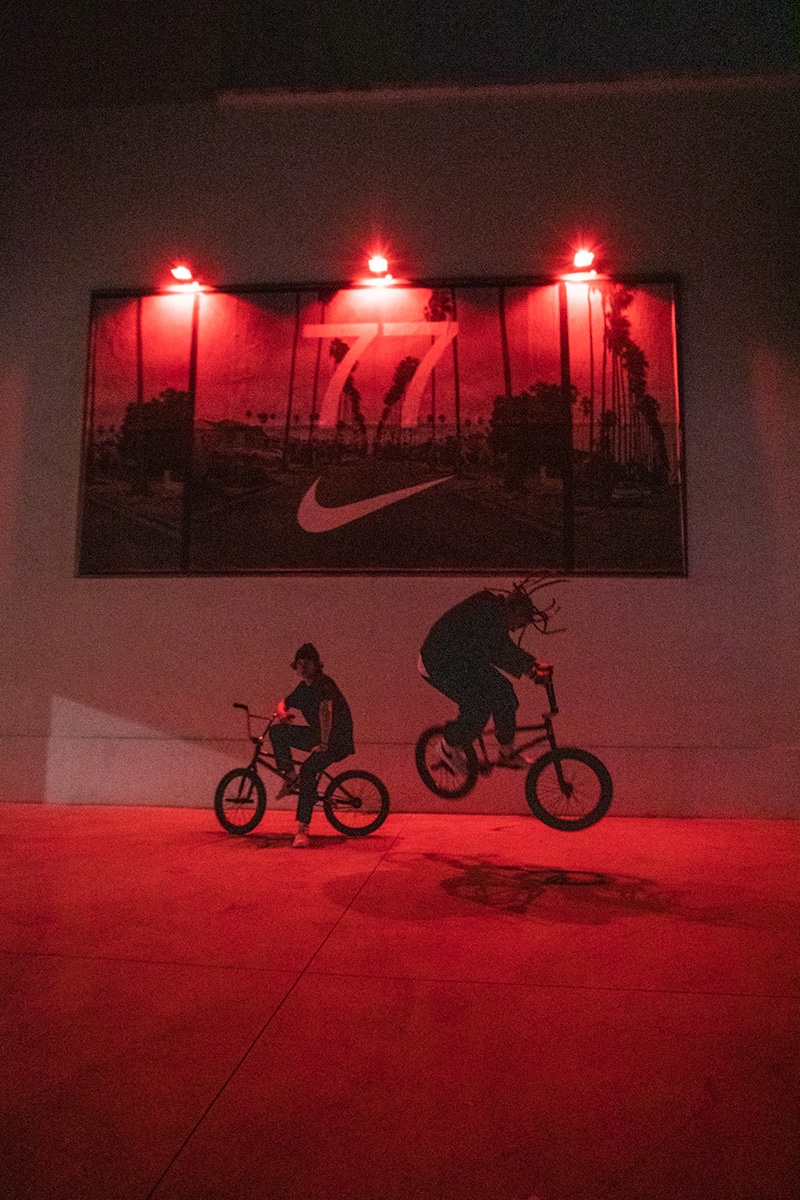
Surely, what characterizes subcultures the most is the urge to create your own world when you’re not satisfied by the one you’re living in. “I approached BMX the moment I stopped playing football because it wasn’t giving me emotions anymore. Instead, there is an emotion that you can only feel when riding the bike,” Luca continued. “My friends used to hang out in a skate park in Garbagnate just outside Milan, a place that sadly doesn’t exist anymore, so this is how the story begins. I don’t see it as just ‘a sport’ but more as a culture that now is part of my everyday life. I traveled the world on my BMX and I created a family too with other riders.”
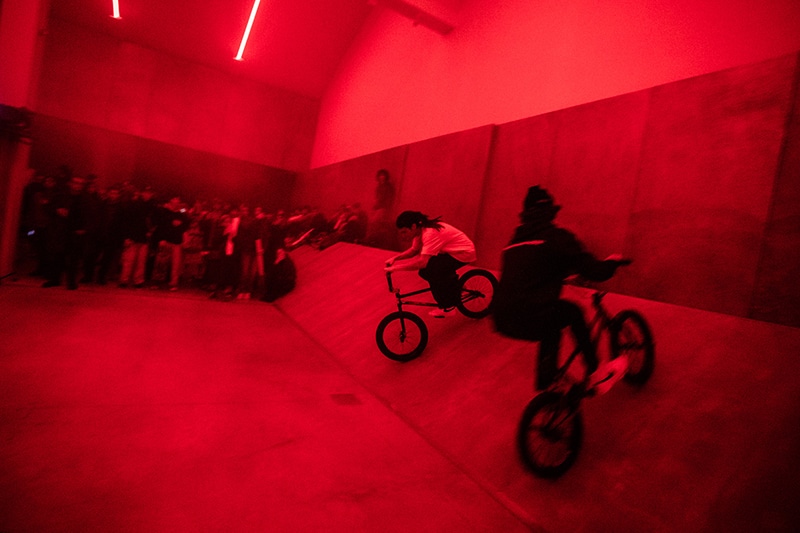
Raffaella had left football too, but for skateboard this time. “I secretly tried it once when I was 9 years old and I was surprised myself by the tricks I already managed to do the first time. Through this sport, I had the chance to meet a huge family where nobody judges you. We are so close, and I became friend with people that don’t live in my city or I didn’t even meet in person. There’s a continuous mutual exchange happening between us, sharing ideas and inspirations, and skateboarding is the ‘language’ we speak.”
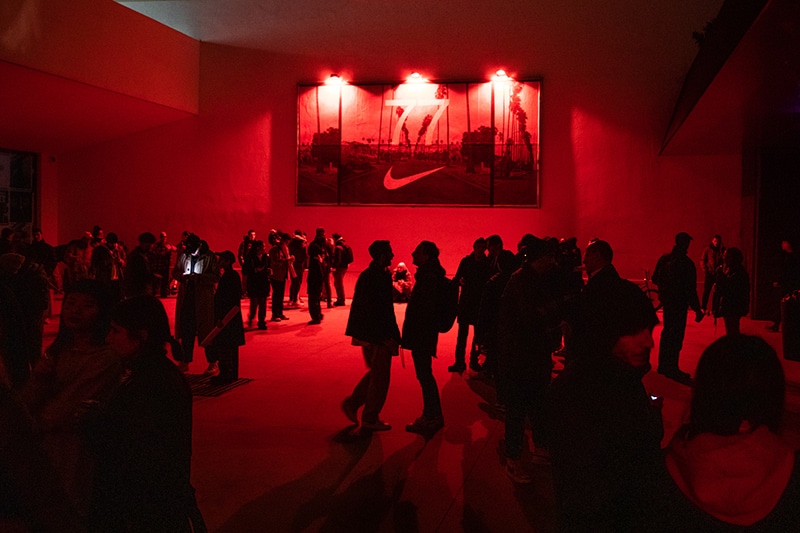
“Of course, I had to face prejudices, especially in my family, because I am a girl doing this. While my father, who used to skateboard when he was young, was always supporting, it was my mom the one who wasn’t much happy about it at the beginning. Even during the time I spent in Brazil with my local relatives, my little cousins used to misjudge me because skateboarding there is associated with criminals and gang culture, while the truth is that thanks to it many kids down there keep away from bad companies and drugs. Anyway, I kept doing it trying to ignore those voices and remembering my parents would have loved me no matter what in the end, and now my mom has started to understand that this is my true passion. When I skate nothing else exists around me except for my friends with me and for the infrastructures we need. You know, sometimes when wandering the city you see other people estranging themselves inside their social media feed, while for us doing a trick on the pavements become our ‘sort of alienation’, but in a totally positive way. Skateboard was born from the poor, but it is for that rich inside.”
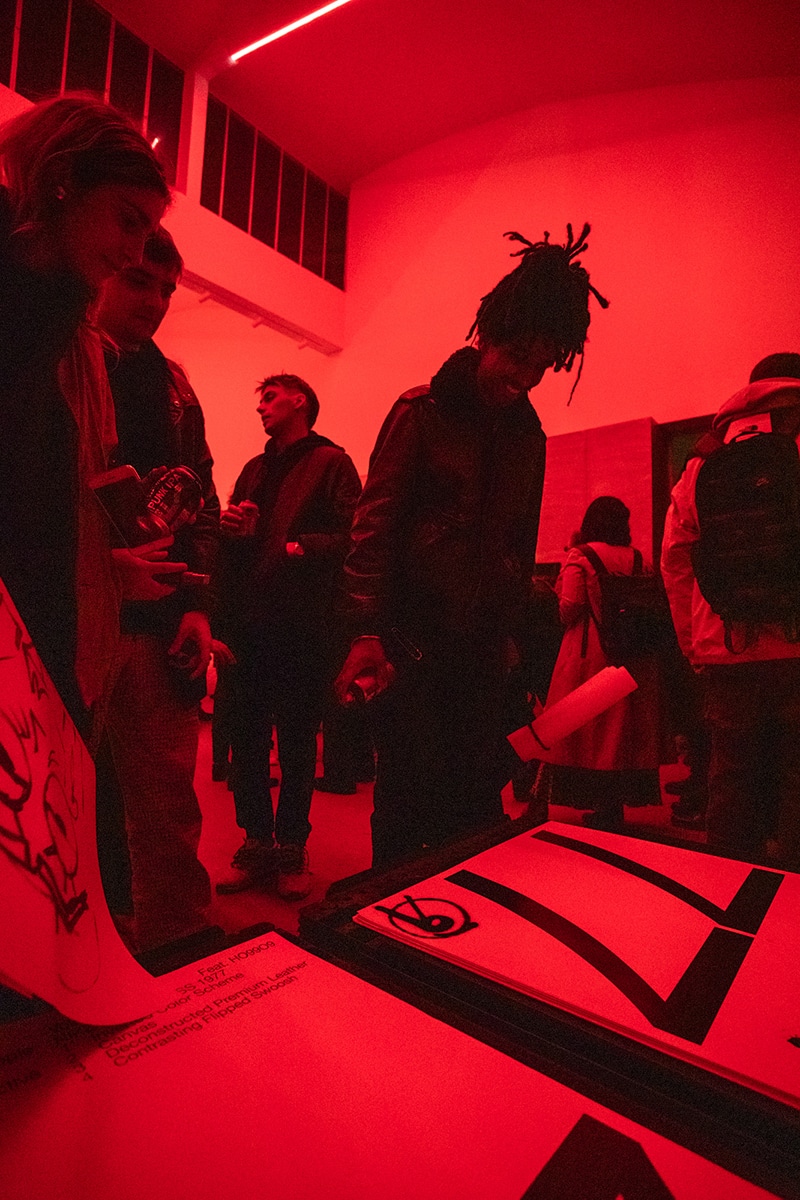
When asked about the importance of their own image inside their communities, surprisingly Luca stated that it doesn’t matter at all. “You can do whatever you want in our world and wear anything you feel good in it. I like it because you are not judged by anyone.”
“I am a big fan of letting people embrace their own style and New York is the ideal place for expressing yourself,” added Isiah. “Freedom is for me the most important thing among creative people who work jointly. And let me say the same happened when collaborating with Nike and Slam Jam. We were given carte blanche to do anything we wanted artistically.”
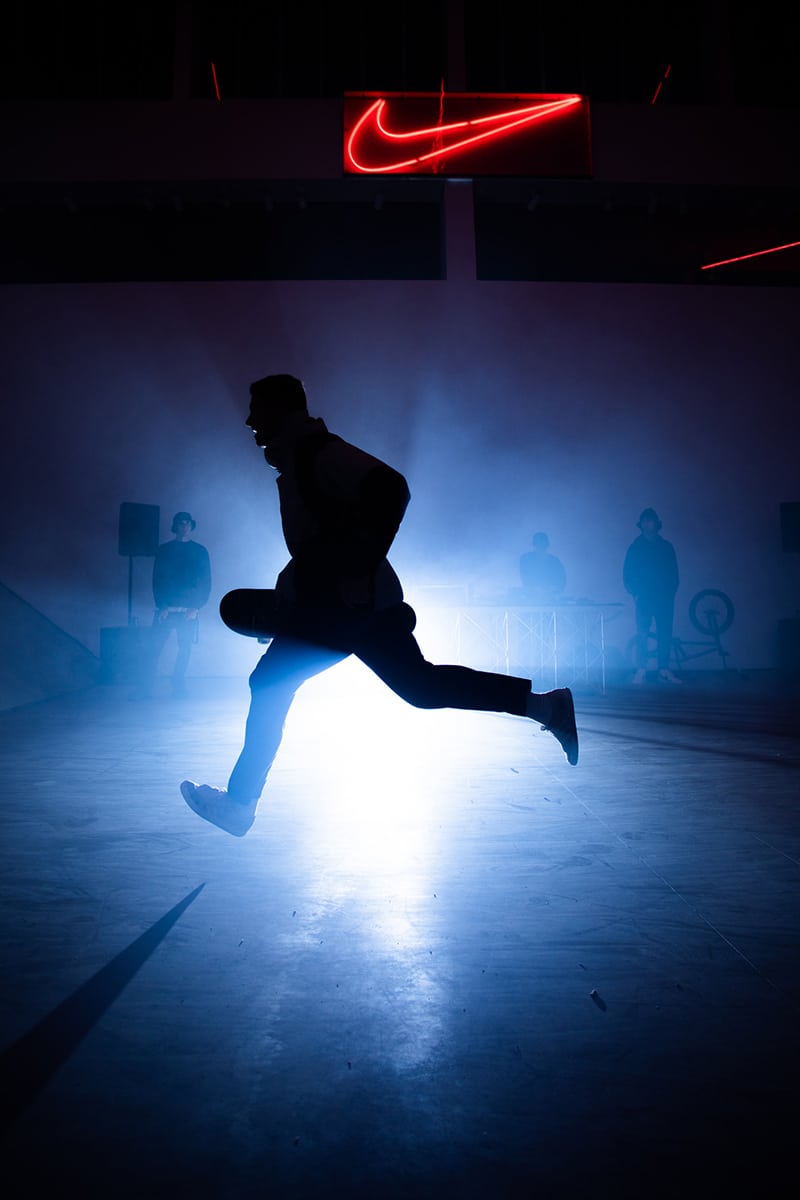
All the above being said, is it still possible to talk about subcultures the way we used to and consider them just as ‘tribes’? As Katja clarified at the end: “Yes and no. These phenomena don’t necessarily translate into that anymore. Once again, it is all about community.”
Indeed, culture comes from sharing. And after the talk, when looking at so many kids on their skateboards and riding BMXs, a thought kept tickling the mind: how is it possible that this sort of freedom and full acceptance can be experimented just within these communities, while too often nowadays the outside world seems to go exactly in the opposite direction? Look for instance at the international current situation. Should we take our leaders skateboarding even just for a day to push them improving their political agenda?
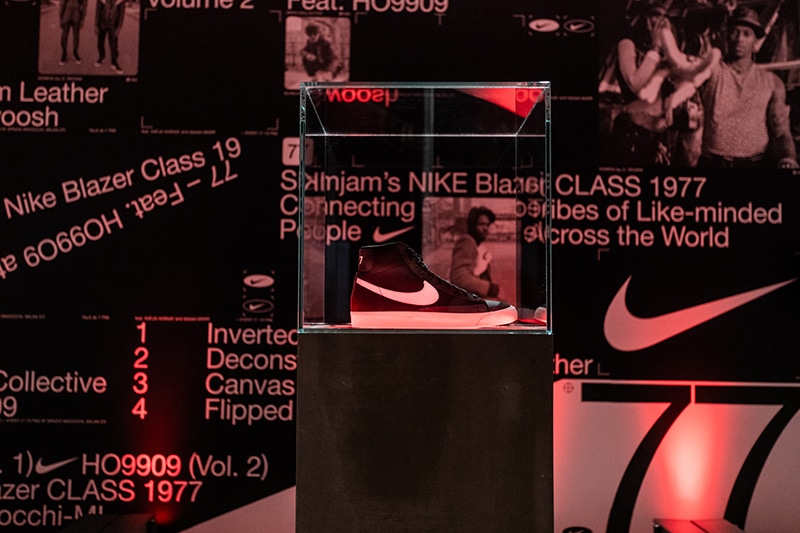
1977 pairs of the Blazer Class of 1977 are exclusively available at Slam Jam. A limited run will also be available via Nike’s Sneakrs platform.



